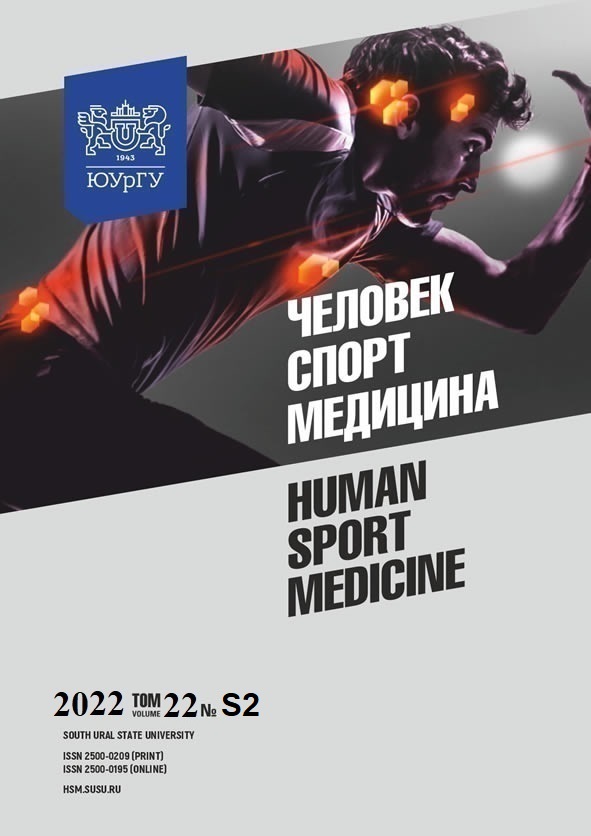ANTICIPATORY ADAPTATION AND CROSS SENSITIZATION IN HUMAN ONTOGENESIS IN PHYSICAL AND EDUCATIONAL ENVIRONMENT
Abstract
Aim. The paper aims to justify the relationship between anticipatory adaptation and cross sensitization in human ontogenesis in physical and educational environment. Materials and methods. Research methods involved pedagogical observation, logical processing, analysis and generalization, modeling and forecasting. Results. Since forecasting and modeling do not provide an accurate picture of future performance with respect to the optimal level of less significant skills, it was assumed that proactive cross-adaptation was the basis for effective professional activity due to a faster advancement and stabilization of professionally significant skills (the so-called cross-sensitization). Cross-sensitization as a notion was explained by means of the concept of minimization by V. Marishchuk and considered as an increase in the sensitivity of professionally significant analyzers due to the excitability of the cerebral cortex because of the simultaneous activity of other, less significant analyzers. Conclusion. In the course of the study, the following scientific provisions were adopted: the presence of multilevel and cyclical stages during the formation of psychophysical state; aspects of cross-sensitization; the relationship between repeated stages and the ascending algorithm of psychophysical state.
References
References on translit
Copyright (c) 2023 Human. Sport. Medicine

This work is licensed under a Creative Commons Attribution-NonCommercial-NoDerivatives 4.0 International License.















